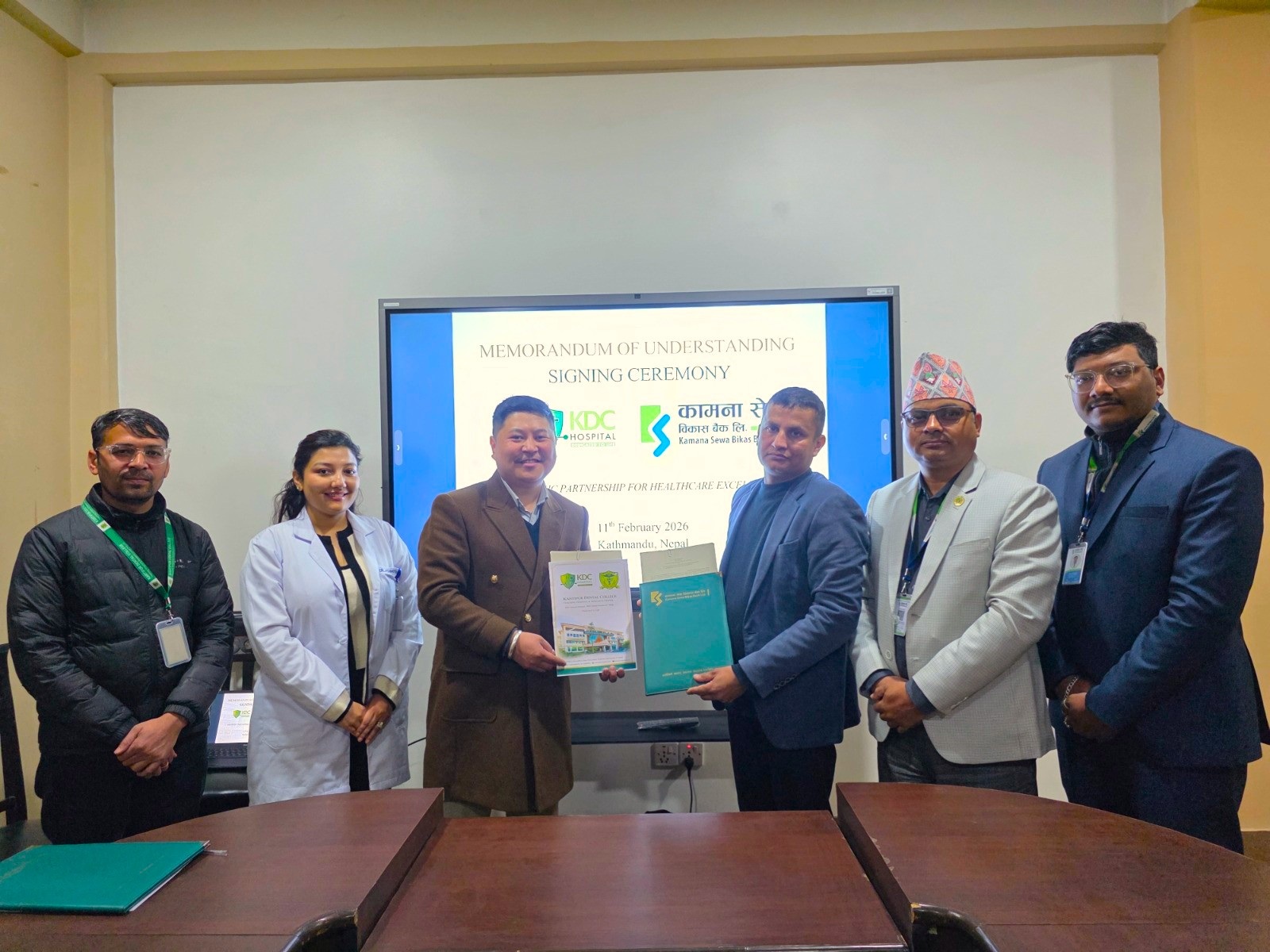Nepal’s Agro-Startup Boom: Driving Rural Growth, Innovation & Global Exports
11th July 2025, Kathmandu
Agriculture, the enduring backbone of Nepal’s economy, which employs over 62% of its population and contributes nearly 24% to its GDP, is undergoing a transformative wave.
Nepal’s Agro-Startup Boom
A new and hopeful phenomenon – agricultural startups – is rapidly emerging as a powerful force, reshaping rural landscapes, boosting incomes, and creating vital jobs nationwide.
The burgeoning potential of this sector is evident in the remarkable interest in subsidized loans. In FY 2023/24, the Industrial Enterprise Development Institute (IEDI) received 1,658 applications, with a significant number of these loans being allocated to agro-business startup enterprises. From innovative mobile apps providing crucial farming advice to seamless organic food delivery services and advanced agro-processing units, these startups are bringing cutting-edge innovation directly to the fields of Nepalese farmers.
Job Creation and Youth Engagement: A Promising Shift
The impact of these startups on employment is substantial. A 2023 report by the Federation of Nepalese Chambers of Commerce and Industry (FNCCI) highlights that these nascent businesses have generated over 50,000 direct jobs in just five years. This growth is accompanied by a significant increase in youth involvement in agriculture. In 2018, only 6% of young people were engaged in the sector; by 2024, this figure had impressively risen to 13%. This shift indicates a growing perception among young Nepalese that farming is a viable and attractive business opportunity, rather than merely a last resort.
Innovation in Action: Success Stories from the Ground Up
Impactful startups like Smart Krishi exemplify this innovative spirit. Their widely adopted app assists over 500,000 farmers by providing real-time weather updates, market prices, and expert tips directly to their mobile phones. Kathmandu Organics, another success story, has directly connected more than 1,000 farmers with customers in Kathmandu, leading to a notable increase in the farmers’ average earnings.
These innovations are even playing a crucial role in curbing internal migration. In areas like Bardiya, local startup Dahit Traders now employs 55 individuals, many of whom had previously sought work abroad. This illustrates how these agricultural startups are not just about business; they are fundamentally about strengthening local communities and keeping families together.
Boosting Yields and Profits: The Greenhouse Revolution
A rapidly expanding trend, greenhouse and tunnel farming, is further revolutionizing agricultural productivity. Studies conducted by Nepalese students at Griffith University indicate that these methods have increased crop yields by up to 150% and net profits by over USD 2,500 per hectare annually, showcasing a sustainable path to enhanced profitability.
Nepal’s Agricultural Products Go Global
Nepalese agricultural products are also making a significant mark on the international stage. In 2023, Nepal earned a substantial NPR 9.4 billion from cardamom exports. Honey exports have also seen a remarkable surge, jumping by 170% between 2020 and 2024. This international success instills confidence in many startups, inspiring them to continuously promote Nepal’s unique agricultural products both nationally and globally. Startups like Nepal Tea Collective have gained international recognition from prominent media outlets such as the BBC and Forbes for their efforts in promoting Nepal’s diverse tea flavors. Similarly, Elaitea is innovating by promoting Large Cardamom through the unique lens of iced tea.
Collaborative Efforts for Sustainable Growth
The drive towards organic farming is also gaining significant momentum. By 2022, over 205,000 Nepalese farmers were engaged in organic farming, cultivating more than 273,000 hectares of land, largely due to the dedicated efforts of NGOs like HASERA, HELVETAS, EcoHimal, LIBIRD, and the Nepal Permaculture Group.
Furthermore, the Agriculture and Food Security Project (AFSP) has had a profound impact, assisting over 650,000 disadvantaged individuals, including approximately 603,000 women. This project provided improved seeds, livestock, and vital nutrition education, exceeding all its performance objectives. It introduced 30 new agricultural technologies, conducted 6,580 field experiments, and produced 583 metric tons of seed. Consequently, crop yields have more than doubled, with paddy growing by 180%, wheat by 124%, maize by 122%, and potatoes by 112%. Livestock productivity also soared, with goat meat increasing by 105%, eggs by 251%, and milk by 111%. Nutrition outcomes also saw significant improvements: 89% of pregnant and nursing women met the minimum required intake of animal protein (up from 56% at baseline), 78% met the recommended intake of fruits and vegetables, and 80% of children aged 6–24 months met key feeding indicators.
Government Support: Paving the Way for Future Growth
The Nepalese government is actively supporting this agricultural transformation. In the 2023/24 budget, NPR 3.22 billion was specifically allocated to the Agricultural Modernization Project. Additionally, NPR 1.25 billion has been set aside to promote entrepreneurs, and NPR 950 million has been designated for agricultural insurance. The Ministry of Agriculture and Livestock Development received a total allocation of NPR 58.98 billion for the 2023/24 fiscal year, underscoring the government’s commitment to the sector.
A Promising Future for Nepal’s Rural Economy
The transformation of Nepal’s agricultural sector, driven by innovation, entrepreneurship, and targeted assistance from both governmental and non-governmental organizations, marks a promising turn in rural development. With increasing youth participation, technical integration, and a growing presence in international markets, agriculture is shedding its traditional image. Instead, it is emerging as a dynamic field with immense promise. These reforms, leading to reduced migration, improved nutrition, and significant job creation, are fostering self-reliance and resilience within communities. If properly nurtured and developed, Nepal’s agro-startup ecosystem has the potential to be a major catalyst for economic development and long-term national success.
For more: Nepal’s Agro-Startup Boom







